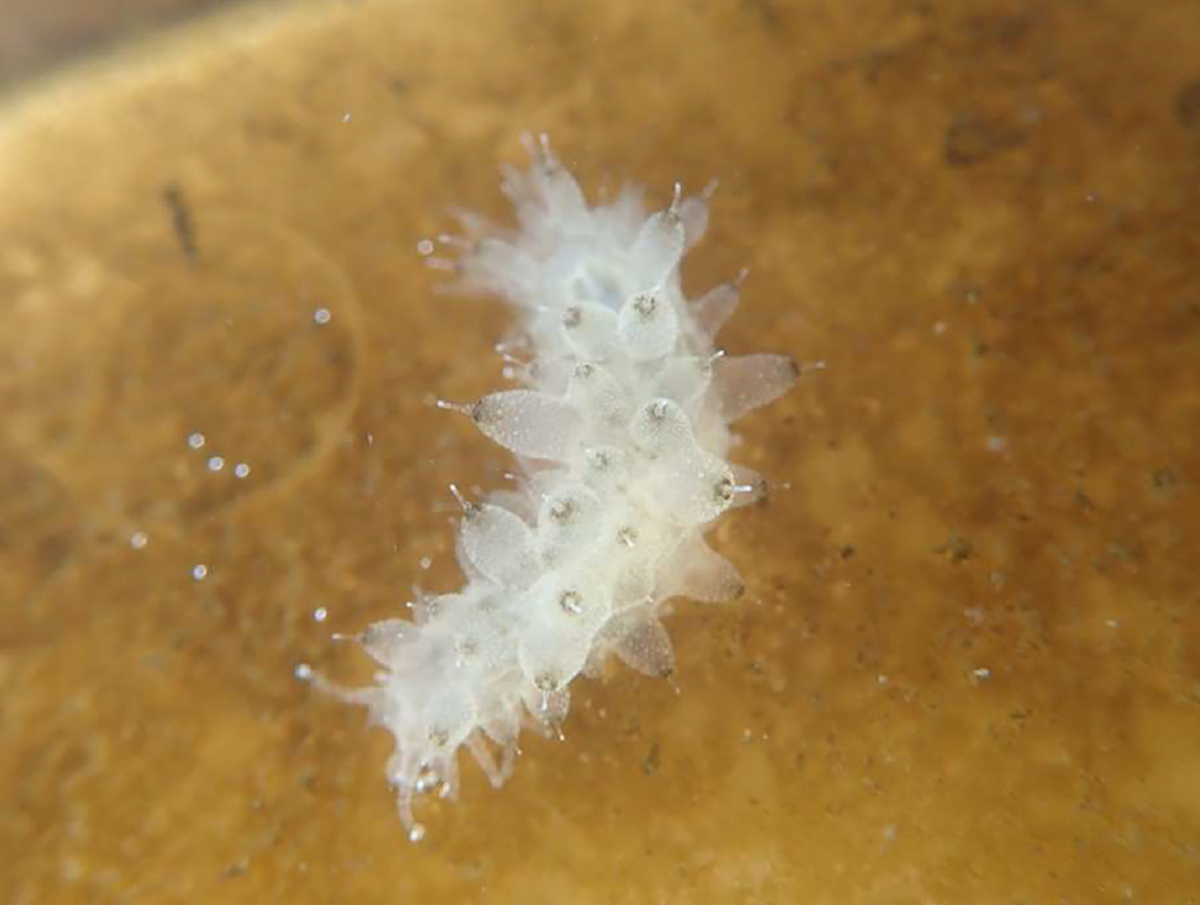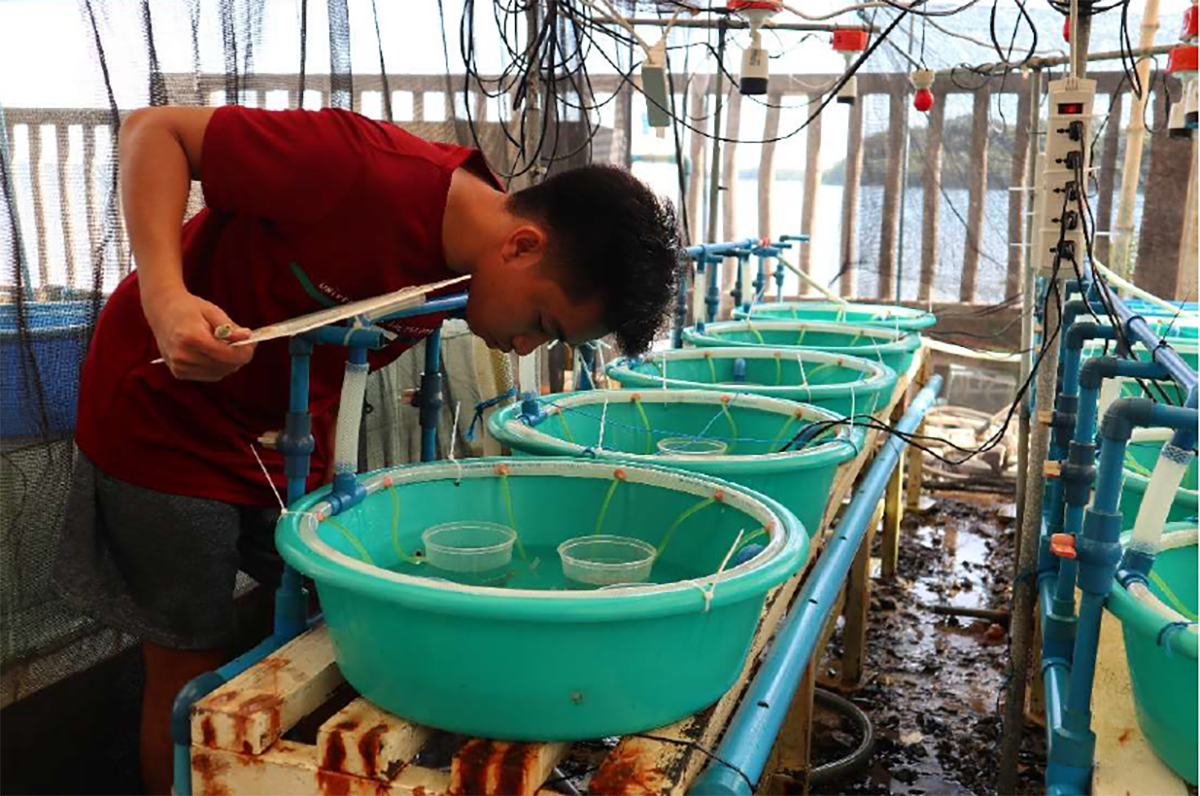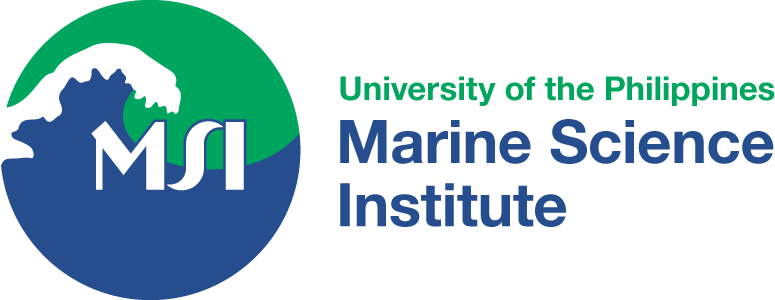Short-term exposure to independent and combined acidification and warming elicits differential responses from two tropical seagrass-associated invertebrate grazers
Summary
A hatchery experiment was conducted to determine the individual and combined effects of lowered pH and elevated temperature on the feeding of two seagrass-associated invertebrate grazers, namely the sea cucumber Stichopus cf. horrens and the topshell Trochus maculatus, after 5 days exposure. The study found that elevated temperature increased the nighttime activity of the two invertebrates to some extent, while lowered pH decreased the nighttime activity of Trochus but not Stichopus during the first 24 hours of grazing. Interestingly, increased temperature was able to counter the negative effect of lowered pH on the feeding of Trochus. After 5 days, the activity and feeding of the two grazers did not differ among treatments, suggesting that they have become used to the different environmental conditions after a short period of time. The ability of the two grazers to adjust to different environmental conditions after a short period of time may favor their survival under future ocean conditions.
Significance
Climate change is one of the major threats people and the environment. It is projected that our oceans will become warmer and more acidic by the end of the century. While there is an extensive literature on the impacts of ocean acidification and warming on marine ecosystems, our current knowledge is still lacking. Most marine climate change experiments (MCCEs) were conducted under temperate conditions but little under tropical conditions. In the context of the Philippines, it is important to conduct more studies under tropical conditions in order to understand how climate change affects our marine ecosystems and what possible mitigation measures apply to our country’s marine ecosystems. Most MCCEs also study one species than multiple species. This creates a knowledge gap since different organisms interact with each other in reality, and the effect of climate change on one species could have implications on another species especially when these two organisms interact through grazing or predation within the food web. This is why the current study investigated the grazing of invertebrate grazers on microalgae to understand how grazers are affected by warming and acidification, and
also to gain initial insights on how grazers and microalgae interact, and how such interactions affect the
ecosystem in the context of climate change. The study also compared two types of grazers, one calcifying and another non-calcifying, to gain insights on how two different species belonging to the same functional group differ in response and its possible implications. Lastly, the experimental design and setup developed in this study could also give insights to future researchers in further developing methods and designs when studying species interactions.
Photos


Authors:
Jerwin G. Baure (Marine Science Institute, University of the Philippines)
Michael Y. Roleda (Marine Science Institute, University of the Philippines)
Marie Antonette Juinio-Meñez (Marine Science Institute, University of the Philippines)
Read the full article: https://doi.org/10.1007/s00227-023-04262-9
